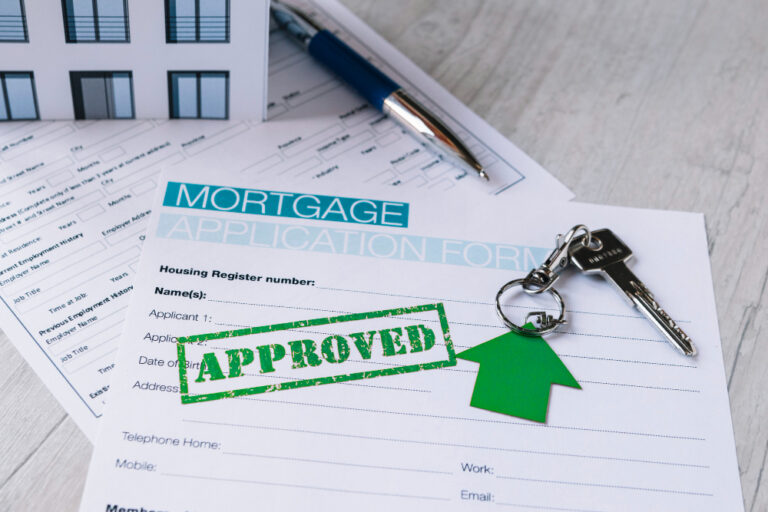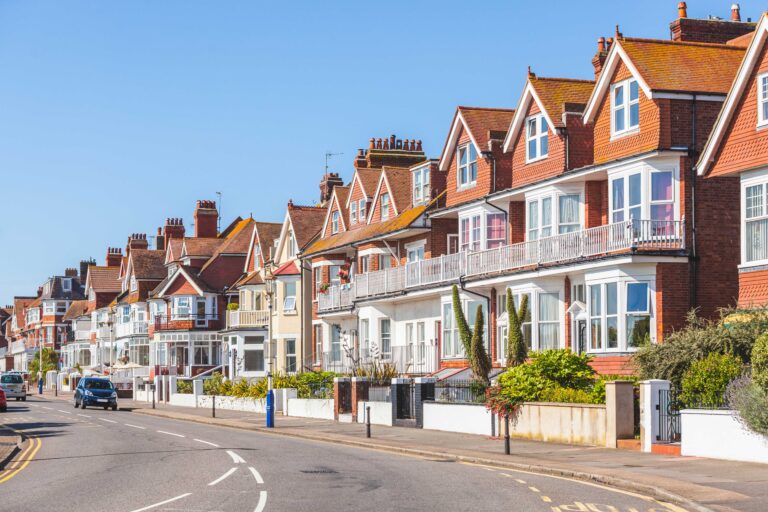There’s a unique charm that comes with owning an older property the high ceilings, the period features, and the established gardens. However, that charm often comes hand-in-hand with potential hidden issues related to Building Regulations. As an expert in the property market, I can tell you that a lack of proper certification for past works is not just an administrative headache; it’s a legal and financial risk that can derail your purchase or cost you thousands later on.
Therefore, your focus when buying an older home shouldn’t just be on the décor. You must look for evidence that any major changes meet modern safety and structural standards.
Why Building Regulations Are Your Biggest Concern
Building Regulations are a set of legal standards for the design and construction of buildings. They primarily cover health, safety, and energy efficiency.
Crucially, any major work completed since 1985 should have official sign-off. This is known as a Building Control Completion Certificate.
You must know which documents apply to which jobs. For example, if the seller replaced windows or doors, you need a FENSA or CERTASS Certificate. This ensures the work meets thermal efficiency rules and fire escape standards.
When a new boiler or heating system was installed, ask for the Gas Safe or HETAS Certificate. This is important! It guarantees safe installation and is absolutely vital for your insurance and family safety.
Similarly, major structural jobs like a Loft Conversion or Extension require a formal Building Control Completion Certificate. This document confirms the work meets standards for structural integrity, fire safety, and damp-proofing.
Finally, for any Electrical Rewiring, you need a Part P Certificate. This confirms the electrical work is safe and compliant with modern rules.
In summary, missing this documentation is a huge red flag. Your lender and solicitor will ask for these certificates. Consequently, if a seller lacks the relevant paperwork, you could face difficulties securing a mortgage or be forced to pay for costly fixes later on.
Your Expert Property Checklist: The Three Key Areas to Inspect

When viewing an older property, ensure your survey specifically addresses these areas where regulations are often overlooked:
1. Structural Changes (The Big Risks)
Always question the history of internal layout changes.
- Did the previous owner knock down a wall to create an open-plan space?
- Ask: Was this a load-bearing wall?
- Look for: An I-beam (steel joist) certificate and a Completion Certificate confirming the integrity of the new structure. Furthermore, improper structural work is the most expensive regulation failure to fix.
2. Heating and Electrics (The Safety & Cost Risks) 
Older systems are often inefficient or outright dangerous.
- Check the age of the boiler and the consumer unit (fuse box). For example, if the fuse box looks decades old, a full rewire is likely needed.
- Remember: Energy efficiency and safety are non-negotiable. Missing Gas Safe or Part P certificates may invalidate your home insurance.
3. Damp and Drainage (The Maintenance Risks)
Old properties need to breathe, but they should not be damp.
- Look for signs of damp proofing or underpinning. If major work was done to address structural movement or rising damp, ask to see the relevant guarantees and certificates. Therefore, ensure your surveyor thoroughly checks ventilation and moisture levels, especially in converted basements or cellars.
Your Expert Next Step
The truth is, a beautiful old house with questionable paperwork is a risky investment. Don’t let the charm blind you to the potential costs.
We specialise in guiding clients through the entire property buying journey, starting with the Strategy phase which includes forensic due diligence on documentation and risk assessment.
Take action: Don’t leave your investment to chance. Contact our expert team today to ensure your older property purchase is legally and structurally sound.



 An EPC shows your property’s energy efficiency.
An EPC shows your property’s energy efficiency.



 A professional partner is much more than a service provider; they are a necessary partnership.
A professional partner is much more than a service provider; they are a necessary partnership.
 The first major UK property tax you’ll encounter is Stamp Duty. This is a lump sum payment due when you complete the purchase of a residential property. It’s often thousands of pounds, and if you’re buying an investment property (a second home), the rates are significantly higher due to a surcharge.
The first major UK property tax you’ll encounter is Stamp Duty. This is a lump sum payment due when you complete the purchase of a residential property. It’s often thousands of pounds, and if you’re buying an investment property (a second home), the rates are significantly higher due to a surcharge.
 a key part of urban regeneration. Properties along these “blue spaces” are seeing a significant boost in value. They offer serene views and a unique lifestyle, creating high demand from both renters and buyers.
a key part of urban regeneration. Properties along these “blue spaces” are seeing a significant boost in value. They offer serene views and a unique lifestyle, creating high demand from both renters and buyers.


 First and foremost, you must understand the numbers behind the market. After all, the city is in a constant state of evolution. Areas that are overlooked today could be the next high-growth suburbs tomorrow.
First and foremost, you must understand the numbers behind the market. After all, the city is in a constant state of evolution. Areas that are overlooked today could be the next high-growth suburbs tomorrow.


 .
.